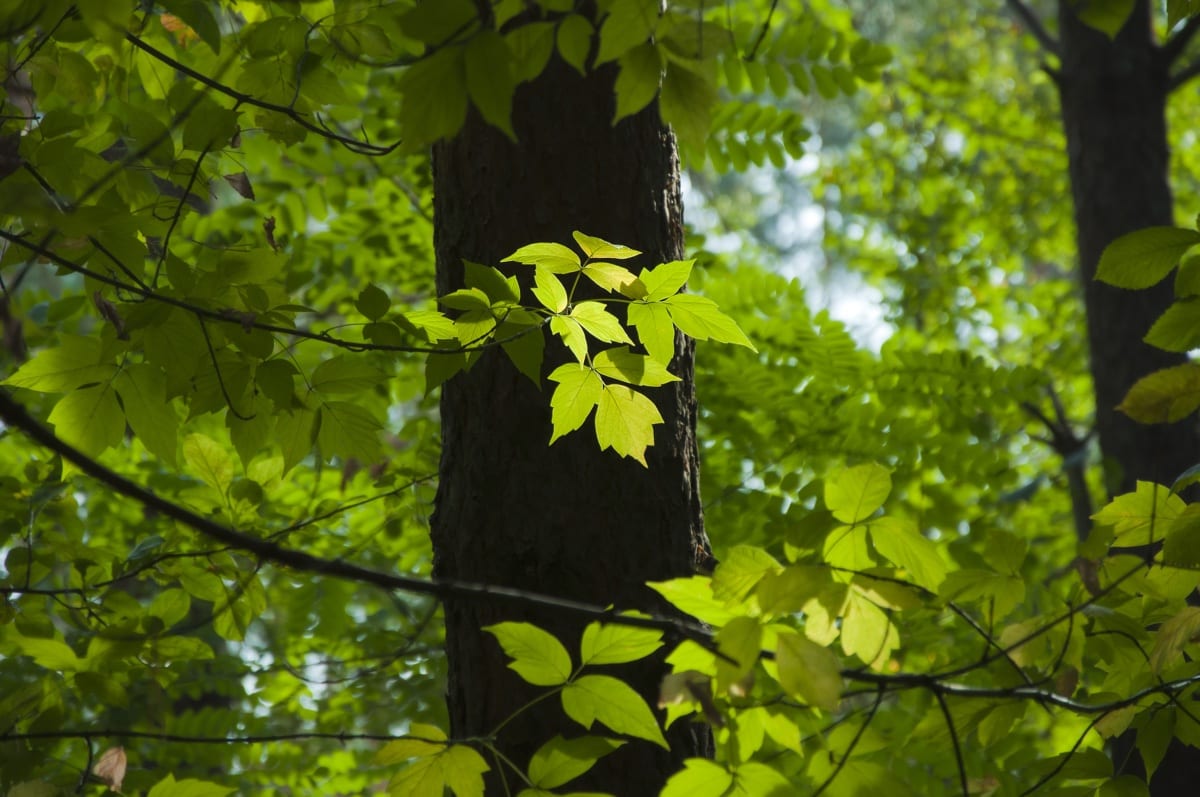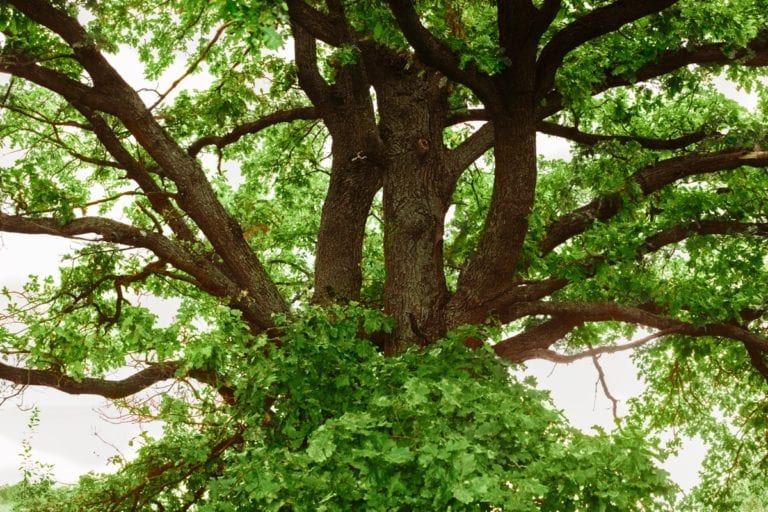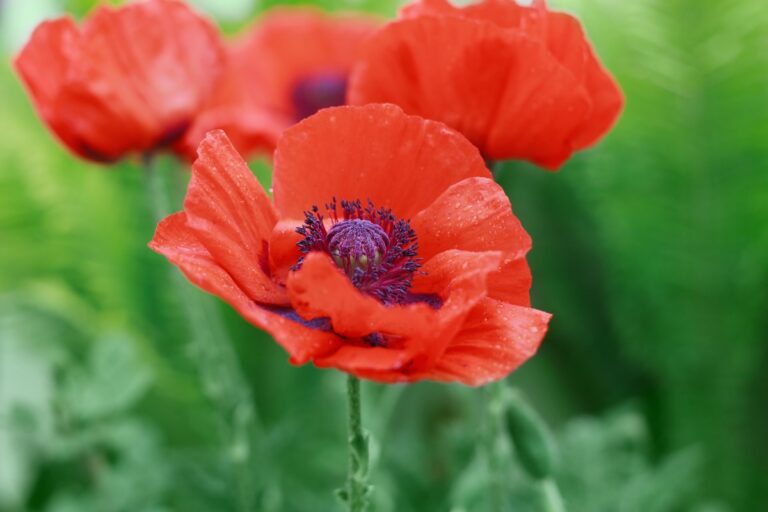September 2019 Audio Meditation
If you would rather have images as you listen, here’s the youtube link to that version of this month’s meditation:
https://youtu.be/1bhHDhp_s-U
Meditations, experiments, books and guided meditations to assist with nourishing spirituality, healing childhood wounds, and living more consciously.
Meditations, experiments, books and guided meditations to assist with nourishing spirituality, healing childhood wounds, and living more consciously.


As a general practice, I spend time each morning looking at videos, interviews, and professional talks that support a positive sense of connection and wholeness. Beginning each day orients me to a perspective and sense of being that colors my day with a quality that nourishes my body and soul. During one of these forays into cyberspace, I ran across an article, which touched me with its emphasis on a more mystical sense of our world.
The author, Michael Edwards, says the following: “…spirituality can give us an actual experience of the unity of all things. This experience, when nurtured as a constant practice, roots quality-consciousness, non-discrimination, non-violence and reverence for all people and the earth deep into our core.” Read More “706th Week: Living With “Wide Open Eyes”

A friend sent me this quotation after a particularly violent and challenging week in American life and it touched into an awareness that’s been growing in me over recent years. There is so much suffering within our human family, so many acts of cruelty and violence around the world, and we are aware of so much more of it with the Internet. Because of this, it can be hard to remember wholeness, the wholeness inherent in our human family, when we see so many examples of how we, as a species, are capable of hurting one another.
I was very moved by the quotation from Howard Zinn and wanted to share it as part of this week’s practice. I think that it not only inspires but it also speaks to a powerful and ever-present truth: within wholeness there is more than whatever aspect of it is in the foreground at any given moment in time.
Here’s the quotation: Read More “731st Week: Wholeness”

This month’s meditation, the last of the year, focuses on connecting with the frequency of inspiration. It invite us to connect with the experience of the frequency, the quality, of inspiration.
Here’s the audio version of the meditation.
Here’s the YouTube version, if you prefer to see nature images as you move through the meditation…

This month, we focus on the essence/frequency of compassion. This year, we explore a different essence each month, bringing its living presence into our experience. Imagine going through everyday activities resonating with and expressing compassion…
If you’d rather have nature images with your meditation, here’s our YouTube version: